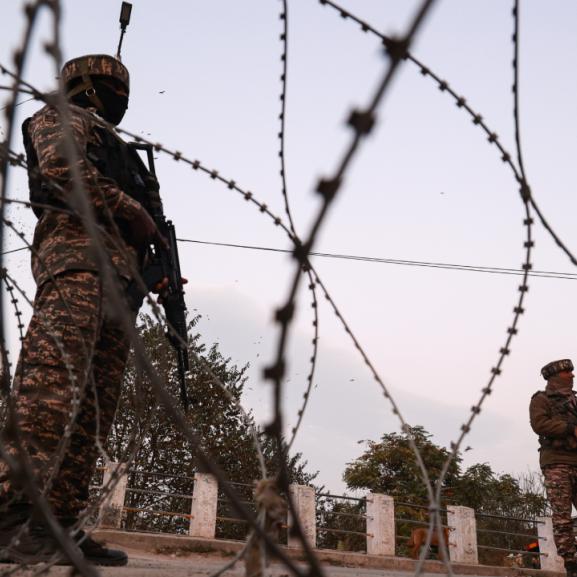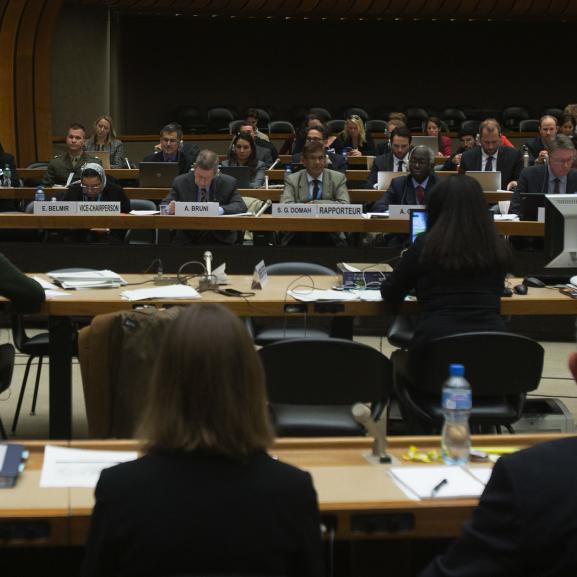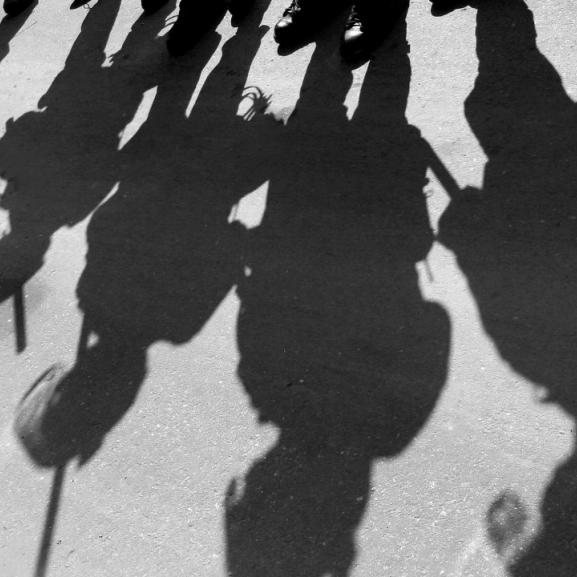MF Calls for Enquiry Into Interrogation Techniques
The Medical Foundation for the Care of Victims of Torture (now Freedom from Torture) believes an independent, public enquiry into British Army interrogation techniques is essential following a Law Lords ruling that the Human Rights Act binds members of the armed forces serving abroad.
The Law Lords, by a four to one majority, dismissed arguments by the Ministry of Defence and the attorney general, Lord Goldsmith, that the act did not apply to UK forces detaining foreign prisoners overseas.
The finding follows the death in British custody of Basra hotel receptionist Baha Mousa who had 93 separate injuries on his body.
The court martial board into his death heard evidence that senior British officers, including a legal officer, sanctioned "conditioning" to soften detainees up for interrogation that included the use of hooding and forcing prisoners to stand for prolonged periods in stressful positions.
These were among the methods that were banned in 1972 by the then Prime Minister Edward Heath after controversy over the treatment meted out to a number of prisoners in Northern Ireland. The UN Committee against Torture has since determined that the techniques, which also include sleep deprivation and food and drink deprivation, amount to torture.
After Mr Mousa's death, seven British soldiers faced a variety of charges ranging from manslaughter, inhuman treatment, perverting the course of justice, causing actual bodily harm and negligently performing a duty.
Six, including commanding officer Colonel Jorge Mendonca, were cleared, while one, Corporal Donald Payne pleaded guilty to "inhuman treatment of persons protected under the Geneva Conventions" and was jailed for a year and dismissed from the army. In the process he became Britain's first convicted war criminal as it was the first time British servicemen had been prosecuted for war crimes under the International Criminal Court Act 2001.
Following the Law Lords judgement, the MF's director of policy and external affairs, Leanne MacMillan, said: "The European Convention on Human Rights, which the Human Rights Act makes law in Britain, obliges governments to carry out independent, open and effective investigations when someone dies allegedly at the hands of an agent of the state.
"Baha Mousa was not an isolated case - lawyers acting for about 20 other Iraqi families who allege they were mistreated say they are going to push for compensation.
"It is not enough to simply pursue the soldiers in the field and their immediate line of command through the court martial system.
"An extremely important issue is at stake here. We need to know just who in the MoD and the Government was responsible for deciding that the 1972 ban could be ignored, thereby opening the gates again to institutional torture. And once this is established, hold them accountable."





